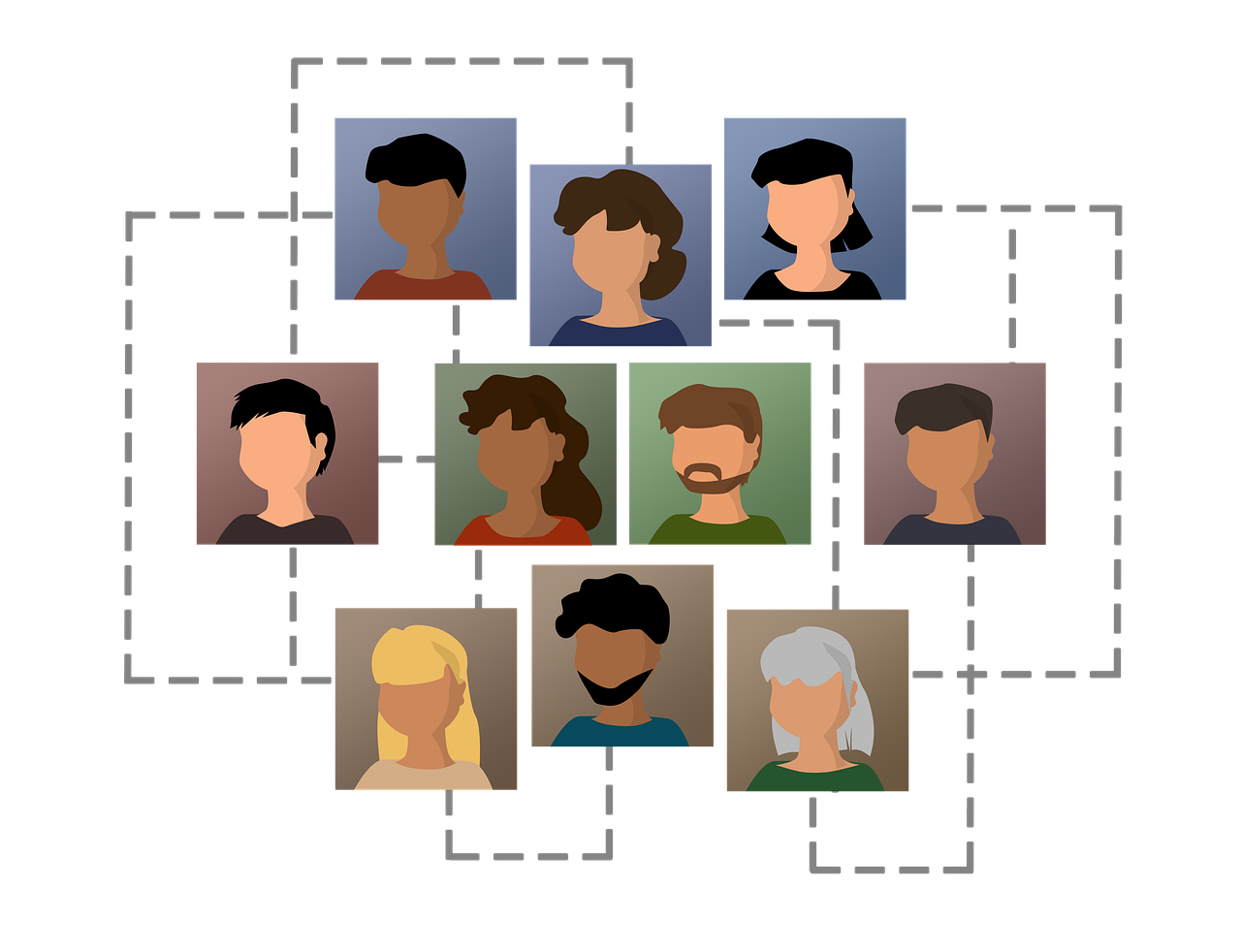
The general functions of human resources professionals are well-known in the workplace. Human resources or HR professionals are responsible for building personal connections with employees, providing orientation programs to new employees, managing hiring and salary, motivating employees, and handling training and development-related responsibilities.
Kendall Cochran, a human resources professional from Atlanta, GA, expands on the role of HR in employee training and development, sharing some of how HR helps businesses grow and thrive while maintaining employees’ skills.
The Importance of Employee Training
New skills are constantly required in the modern workplace. Technical skills like working with new software and hardware, interpersonal skills like getting along with a wide range of employee demographics, and general employee development are three examples of HR professional’s types of training in their workplaces.
Training helps companies retain employees. It is a worthy investment since well-trained employees tend to be happier in their jobs and are less likely to quit and take their skills with them. Some CEOs hesitate to spend money on training because they are afraid that their turnover is already too high, but better training decreases turnover rates and helps to save money on all fronts.
Responsibilities of Training and Development Managers
Training and development managers are responsible for drawing up the organization’s educational component requirements. They help employees develop their careers while supervising training staff, administering training seminars, and helping with conflict resolution, team building, and skill evaluations.
Training and development managers make sure that their programs are in keeping with the policies and practices of their organizations. They work to support the company’s mission by the CEO’s wishes.
Types of Training Offered
The following are selected types of training provided by HR professionals and why they are effective.
Job-Specific Training
Employees frequently need to be trained in new job responsibilities. For example, most employees need to be trained on using common office software like word processors, email, and instant messaging. Technical staff needs to be trained on using databases, programming tools, web development tools, and other types of software and hardware.
When employees have updated skillsets, they can reduce the amount of time that support professionals like IT staff have to correct mistakes or show employees how to complete simple tasks.
Training for Employee Advancement
Productive companies allow employees to move up the ladder when properly trained. Having room to ascend the job ladder is one of the top reasons employees stay in their jobs. HR professionals can provide training that facilitates moving up in the workplace.
Diversity and Sensitivity Training
One of the most important types of training that HR offers is diversity and sensitivity training. There are many different groups of people in today’s workplace who need special consideration. The needs of women, people with differences in gender expression and orientation, minorities, and disabled people must be addressed. This training is intended to provide a more open and accepting workplace and promote employee harmony.
Employers can inadvertently create difficult and sometimes hostile work environments without diversity training. It is important to remember that not everyone in the workplace is from racial and ethnic majority groups and that some people need to have their differences acknowledged.
Safety Training
Working with the corporate safety officer, HR professionals are responsible for training that helps to keep employees and customers safe. This is especially important in manufacturing and warehousing firms with dangerous objects and procedures, but it is also necessary for office settings. Kendall Cochran notes that even office employees need to know what to do when there is an external threat like a fire or intruder or an adverse health situation in the workplace.
Raising the Company’s Reputation
When training and development are properly handled, the company’s reputation will be improved. A company with happy and well-trained employees runs smoothly and develops a reputation for success along with higher productivity. When an organization does not pay proper attention to training, the workforce will be confused about their roles and may have to train themselves to take on challenging new assignments. This less-than-optimal practice may waste companies’ time and make it more difficult to meet productivity goals.
Underscoring the Importance of HR in Training and Development
Without employee training, workers would not have the same opportunities to succeed in the fast-paced business world. The workplace would be less harmonious and could disadvantage people of certain backgrounds, like women and minorities.
Training should be approached not as an unnecessary cost but as a vital part of doing business. It helps decrease turnover, make employees more productive, and ensure that employees are ready to handle today’s ever-shifting set of priorities. HR professionals should be given the respect and the resources that they need to promote employee learning.
Kendall Cochran argues that the modern workplace would be less efficient and less welcoming without employee training initiatives in addition to HR’s other vital roles. She encourages all fellow HR professionals to fully research their training opportunities and present the best possible programs for employees to follow.
You may be interested in: How to Help Your Employees Learn New Skills More Effectively (and When You Should Seek Training)

